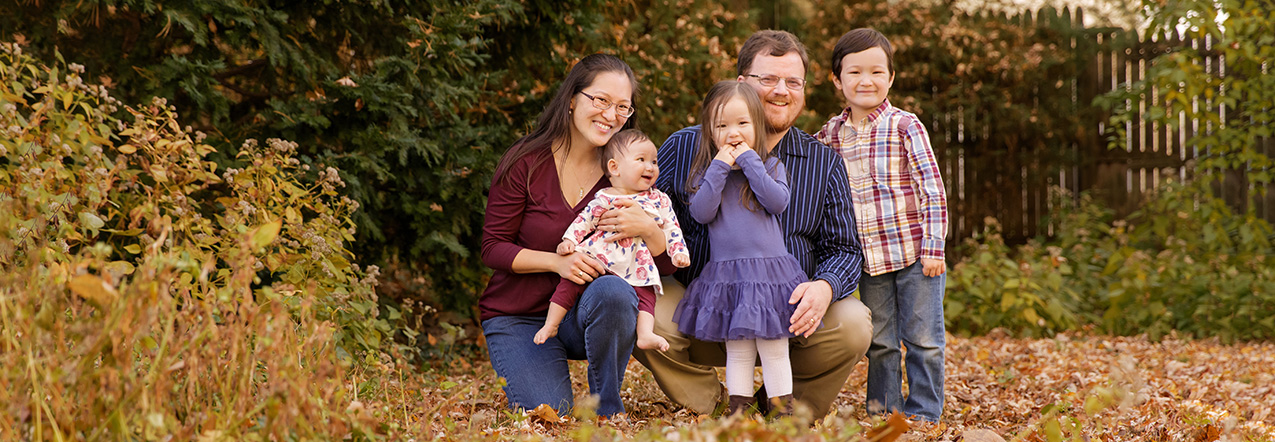-
Posts
808 -
Joined
-
Last visited
-
Days Won
5
Everything posted by Christina Keddie
-

Removing Sunflare from hair via levels?
Christina Keddie replied to Katieeagonphoto's topic in Help with editing
Just checking -- have you already tried this? http://www.damiensymonds.net/2011/01/ridding-pesky-rainbows.html -

Cloning close to a person/skin
Christina Keddie replied to Candice Adelle's topic in Help with editing
The bride's arm isn't going to be the problem -- the translucent veil is what would make this job tricky, I think... -

Cloning close to a person/skin
Christina Keddie replied to Candice Adelle's topic in Help with editing
By cloning with a huge soft brush over top of the bride, and then using smaller brushes to mask it off: http://www.damiensymonds.net/2010/10/role-of-masks-when-cloning.html -
You've got some seriously dodgy masking around the balloons, FYI.
-
The *only* waitlist is for Raw Deluxe.
-
You want to remove every single speck of noise. Like so. And here's why.
-
How long does it take you to fill out a few fields and answer a few questions? No wait list on the Sharpening Class -- just go to the link Damien provided and sign on up. (Though note: you'll need to read the class, which will probably take you a few hours, and then get your sets of test prints done, so that will take however long it takes for you to prep those prints and for your lab to print them.)
-

ACR adjustments in LR catalog?
Christina Keddie replied to Control Z's topic in Lightroom questions or problems
And you've restarted your computer, I trust? -

ACR adjustments in LR catalog?
Christina Keddie replied to Control Z's topic in Lightroom questions or problems
And you're looking at the file in LR in the Develop module? (The sidecar files should translate all metadata into your LR catalog, so I'm puzzled as to why this isn't working!) -

ACR adjustments in LR catalog?
Christina Keddie replied to Control Z's topic in Lightroom questions or problems
Well, workflow quibbles aside... Take a look at the file folder (in Finder) of a set of raw files you've processed in ACR. Is it saving the .xmp sidecar files alongside the raw files in the same folder? -
Can you maybe start by posting the actual image, not a screenshot? Screenshots aren't color-managed, so Damien would need to see the file itself to weigh in on editing advice. It would also be helpful to post a 100% crop of some of the worst of the skin.
- 1 reply
-
- 1
-

-

ACR adjustments in LR catalog?
Christina Keddie replied to Control Z's topic in Lightroom questions or problems
Honestly? This workflow doesn't make any sense to me at all. Bridge/ACR does everything LR does, so you're supposed to pick one system or the other. I happen to prefer LR, so I do all my workflow management and raw processing in it, but you really can do almost everything one system does in the other, so they're not designed for ACR-LR compatibility. What is it that you think you can't do in Bridge/ACR? (Or conversely, what is it that you don't like about LR?) Remember: you're supposed to choose. Either: 1) Bridge for workflow management, ACR for raw processing, and PS for serious editing, or 2) LR for workflow management and raw processing, and PS for serious editing. -
Hi Rudika -- did you see the Angel Babies section of this site? It's entirely private -- only you and Damien can see anything you post in a thread there (even the admin team is shut out!), so that's the best place to post for help with such work.
-
...Oh dear. This is kind of like a "how many things can we throw in that will make Damien want to punch his computer" post. So okay. Damo isn't going to advise on LR, because he hates LR. But leaving that aside -- You really, really don't want to be using your adjustment brushes anyways. That kind of targeted editing should always be done in PSE, where you actually have fine-grained control of your editing. I'd strongly urge you to stop using your adjustment brushes and instead adopt a more robust LR-to-PSE workflow. (I've written several posts in this subforum with more details on how to put such a workflow together, and I'm happy to help you walk through it if you have any questions.) That all said -- it sounds like your computer is glitching. So can you fill this out for us and we can try to diagnose what the problem may be?
-

Infrared Photography
Christina Keddie replied to Tina B.'s topic in How to achieve a certain look or effect
Just to clarify, as it seems there might be some confusion here -- the polarizing filter is to enable you to take a photo with a truly rich blue sky, which would be suitable for giving the IR effect **in post.** The red filter business is for getting the IR effect **in-camera.** (Which you can do with modern DSLRs only if you hack one and make it a dedicated IR camera only.) -

Infrared Photography
Christina Keddie replied to Tina B.'s topic in How to achieve a certain look or effect
Though I have to say, I thought most people achieved this effect in camera, by using IR cameras. I'm very curious to hear what Damien has to say about achieving this entirely in post. -

Infrared Photography
Christina Keddie replied to Tina B.'s topic in How to achieve a certain look or effect
That's one piece. Now he needs a photo of yours on which you'd like to achieve this effect. -

Ghastly blue tone to kitchen photo
Christina Keddie replied to Mariann Wilson's topic in Help with editing
Yes, well, my suggestion is to take the Raw Class. Damien gives very freely of his information on his website and in these forums, but where it butts up against his class content, we'll direct you to the class instead. -

Ghastly blue tone to kitchen photo
Christina Keddie replied to Mariann Wilson's topic in Help with editing
Well. You have to process your raw file, including adjusting the white balance. Are you in Damien's Raw Class? I highly recommend it if you need help figuring out how to process your raw files! -
Can you walk us through it all a bit more in-depth? - You're certain these files were RAW files on your HP laptop? (They had the .CR2 or .NEF or .DNG file extension when you viewed them in Windows Explorer?) - Then how did you copy them from your laptop onto the flash drive -- using what program, what commands, etc.? - Once you plugged the flash drive into your new iMac, how did you copy the files onto your new hard drive? Not using the Photos/iPhoto program, right? Right?? Never ever ever let Photos/iPhoto touch your raw files! - Once they were copied onto your new iMac hard drive, how did you open them in Photoshop? Via Bridge, or what?
- 1 reply
-
- 1
-

-
No, he said to duplicate the background layer for your liquify step. For the cloning step, he simply said "Finally, a cloning layer..."
-
@Diana, next time do your cloning on a new *blank* layer, with the clone tool set to sample all layers.
-
You do ALL your raw processing on all of your images first, before you bring anything into PS. Noise removal is part of the raw processing. There should be NO noise left in any of the images before you even bring them into PS to think about swapping. So: 1. Raw processing on all three images first (WB, exposure, noise removal, etc.). 2. Head swaps. (I guess in your case, send the three files to retouchup.) 3. Other PS edits on the final image. 4. Save the master PSD file (unflattened, uncropped, unresized). 5. Flatten the file, then crop and resize for the specific output size of your print or web display. 6. Sharpen for the output size. 7. Save this output JPG under a different file name. 8. Use the output JPG (post it online, send it to print), and then trash it.
-

What equipment to get for editing
Christina Keddie replied to Kerry Lush's topic in Miscellaneous questions or problems
If you're only using your iPad at the moment, any full-fledged computer interface will be a learning curve. There might be some small marginal benefits to sticking with Apple, but not (in my opinion) worth the extra thousands of dollars. Just something to consider! -

What equipment to get for editing
Christina Keddie replied to Kerry Lush's topic in Miscellaneous questions or problems
If you want a laptop with anywhere near comparable processing power, you'll have to pay a LOT more. If budget is a concern, may I suggest a PC rather than a Mac?

